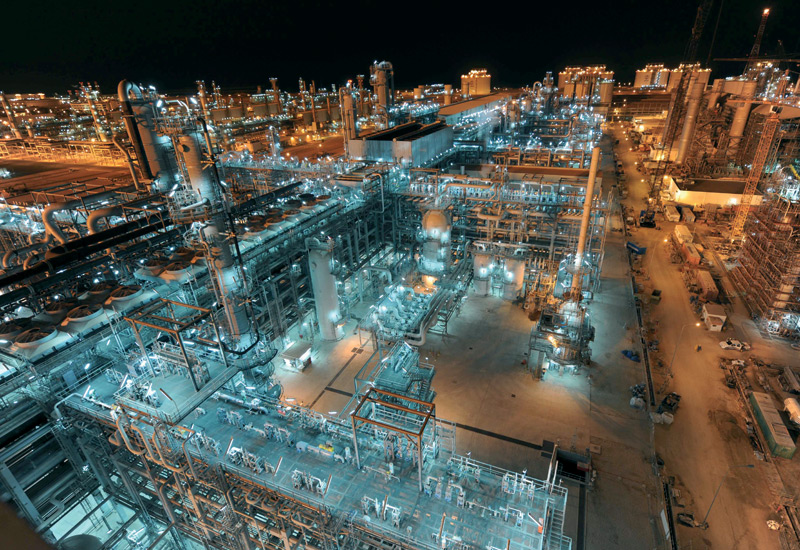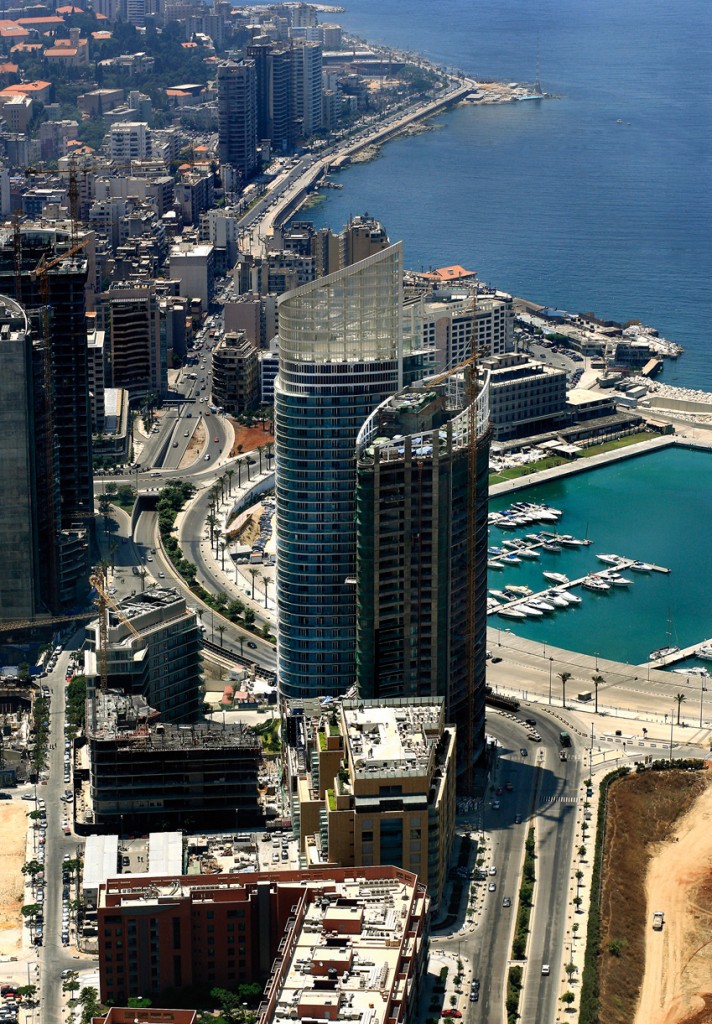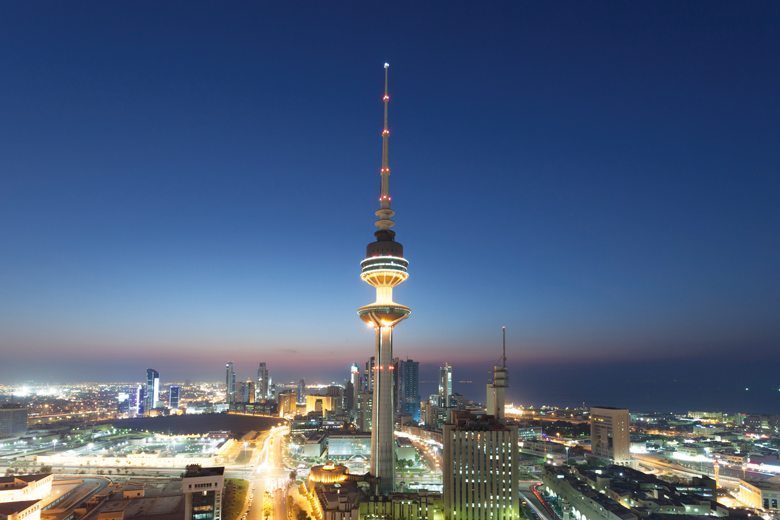China’s head-start on the path to recovery in oil demand is giving traders a rare opportunity to profit as coronavirus lockdowns continue to depress consumption in other parts of the world.
With Chinese refineries ramping up processing to pre-virus levels as the country’s economy re-opens, oil prices on Shanghai’s INE futures exchange are near the largest premium to crude from the Middle East since mid-2019.
The difference is so wide that traders can turn a profit of as much as $9 a barrel by buying a cargo of Oman crude on the Dubai Mercantile Exchange for June and shipping it to China for delivery into the local futures contract for July, according to traders familiar with the matter.
While it may prove fleeting, this rare arbitrage shows that the collapse in oil prices around the world doesn’t have to be a disaster for traders with the nous and flexibility to take advantage of dislocations in regional prices. It’s also symptomatic of how the pace of recovery in demand is going to be uneven around the world.
“China’s financial market is recovering faster than rest of the world as more producers resume work and investors are enthusiastic to buy the oil dip on the Shanghai Exchange, thus shoring up the yuan oil futures prices,” said Chen Tong, a Tianjin-based analyst with First Futures. “For those who are spot players, they can also take advantage of the price spread for physical hedging.”
The virtual shutdown of the global economy will wipe out about 35 million barrels a day of demand, according to the latest estimates by independent oil trader Trafigura Group. Chinese oil demand was first to be hit as large swaths of the country went into lockdown from the end of January to control the spread of coronavirus.
But just as China was first to suffer the fallout, it’s among the first to recover after seemingly containing the pandemic. While consumption in the rest of the world has been crushed as Covid-19 spreads, Chinese refiners have been reporting a rebound in processing since March as the government focuses on getting its economy back up and running.
In fact, oil inventories in the Asian nation have fallen by 1.3 million barrels this month, after increasing by almost 90 million barrels in February and March, signalling a recovery in refining runs, according to Alexis Berson, a senior analyst at energy market analytics company Kayrros.
The dislocation is causing regional discrepancies in prices. The front-month June Oman contract on the DME has tumbled about 19% this month, while July futures on INE slipped around 6%. The price differential averaged about $14 a barrel in the last two weeks after adjusting for currency differences – which more than makes up for ship-chartering, insurance and storage costs – compared with close to parity during the same period last year.
It seems that traders are already taking advantage of the price dislocation. Omani crude was delivered into INE storage for the first time this year in the week ended April 24, with 948,000 barrels added. While Oman is one of the seven oil grades that can be delivered into the INE contract, Iraq’s Basrah Light is more often supplied due to its lower quality and price.
Since early-April, the INE has been aggressively approving new crude storage sites as delivery points for its futures contract. It recently added a handful of storage facilities as new depots. The facilities held by Sinopec Group’s Zhanjiang and Caofeidian units, Sinochem Hongrun and Dalian North Oil Storage and Transport Co. will provide a combined capacity of almost three million cubic meters of storage space.
The exchange also recently approved the expansion of current storage capacity at units by held by PetroChina and Sinopec by at least 1.3 million cubic meters. It now has 14 depots with combined capacity of 8.5 million cubic meters, according to official data.
Source:https://www.arabianbusiness.com/energy/445922-rare-oil-price-dislocation-gives-asia-profitable-arbitrage







